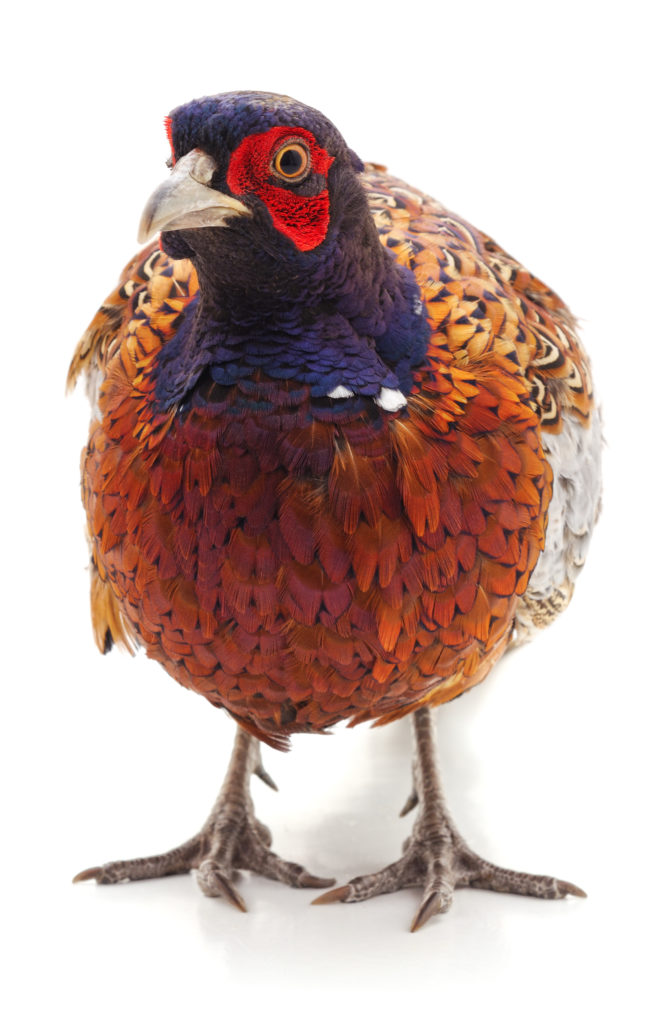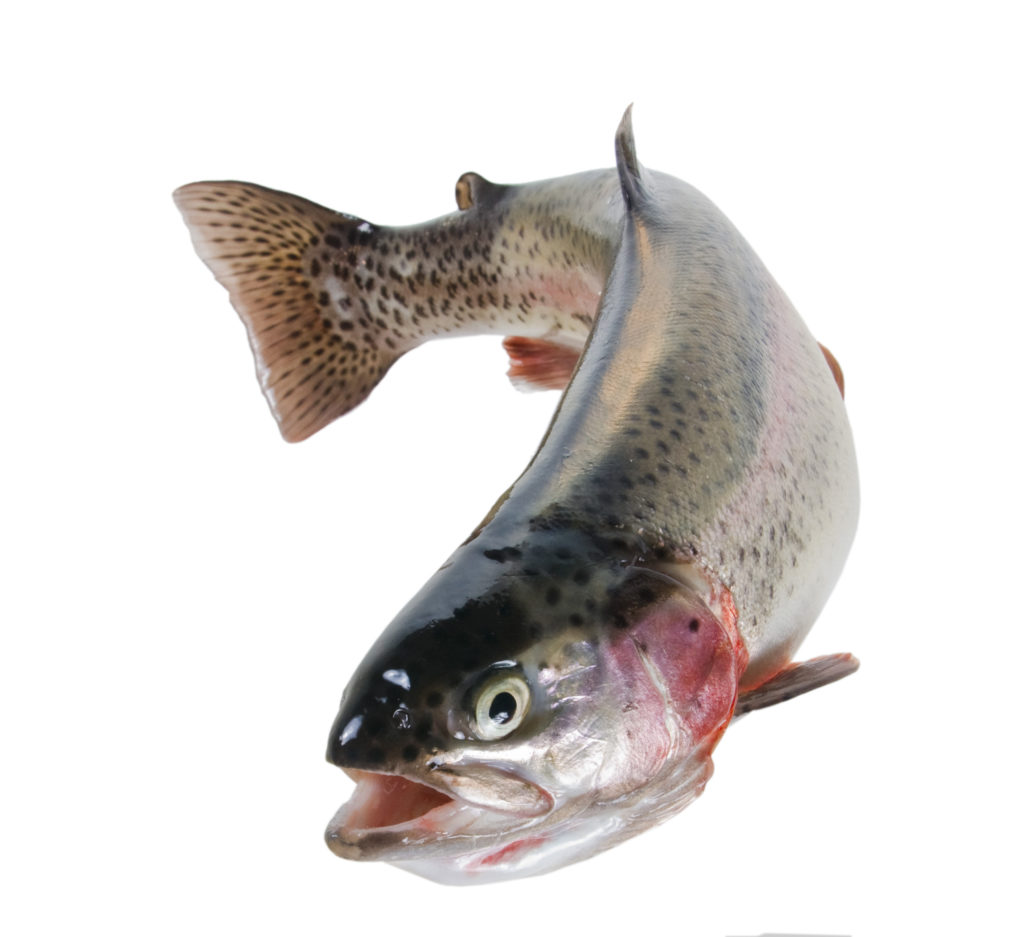We’re known for our Apprenticeships in Hair, Barbering and Beauty. These are very popular apprenticeships used widely across the industry to help people onto their dream career path. There are a huge variety of apprenticeship options across many industries, and we’ve done a bit of delving to discover some of the less common routes that learners can take to get started in their careers.
We don’t offer these yet, but should we?

Underkeeper
If you were to undertake this apprenticeship, part of the game and wildlife management sector, it’s likely that you would end up employed on a large country estate. The occupation consists largely of habitat management, pest and predator control and animal husbandry in support of a shooting enterprise. They will ensure a supply of animals for the shoot and will assist the party on shooting days. It all sounds very Downton Abbey to us!
Underkeepers also have responsibility for associated conservation activities at their place of employment and will also be involved in maintenance on the estate.
More about this here
Bookbinder
 You may have thought that bookbinding these days was all done by machine. But the craft is still in much demand, especially in the museums, libraries and heritage & conservation sectors.
You may have thought that bookbinding these days was all done by machine. But the craft is still in much demand, especially in the museums, libraries and heritage & conservation sectors.
An apprentice in this field would learn how to apply fine hand bookbinding and craft skills in order to create, maintain, repair and assist in the conservation of books.
According to the Institute for Apprenticeships and Technical Education, many of today’s processes and techniques continue a craft tradition established around the birth of printing in the fifteenth century when binding procedures were adapted to the new technology.
If you’re the crafty type who loves history and fancy doing something different, we imagine this would be a very satisfying career path to follow.
Find out more
 Fish Husbandry
Fish Husbandry
Another old traditional skill that continues today is Fish Husbandry, although this particular apprenticeship is relatively new, with the first apprentices achieving their EPAs this year.
Apprentices will study a variety of factors involved in the care of fish, from their diet and environmental conditions to disease prevention and pollution control. When qualified, apprentices may progress into fields such as hatchery management, fish biology or fish related occupations such as fisheries officer or aquatic assistant.
Interested in an Apprenticeship? Find out more about what we offer.
